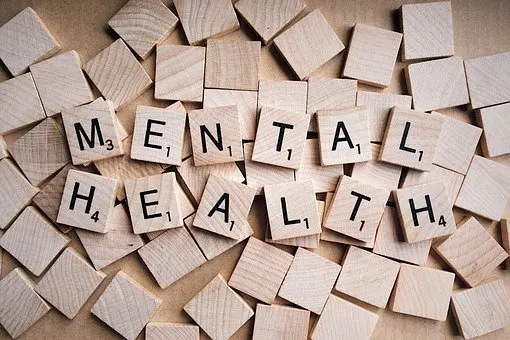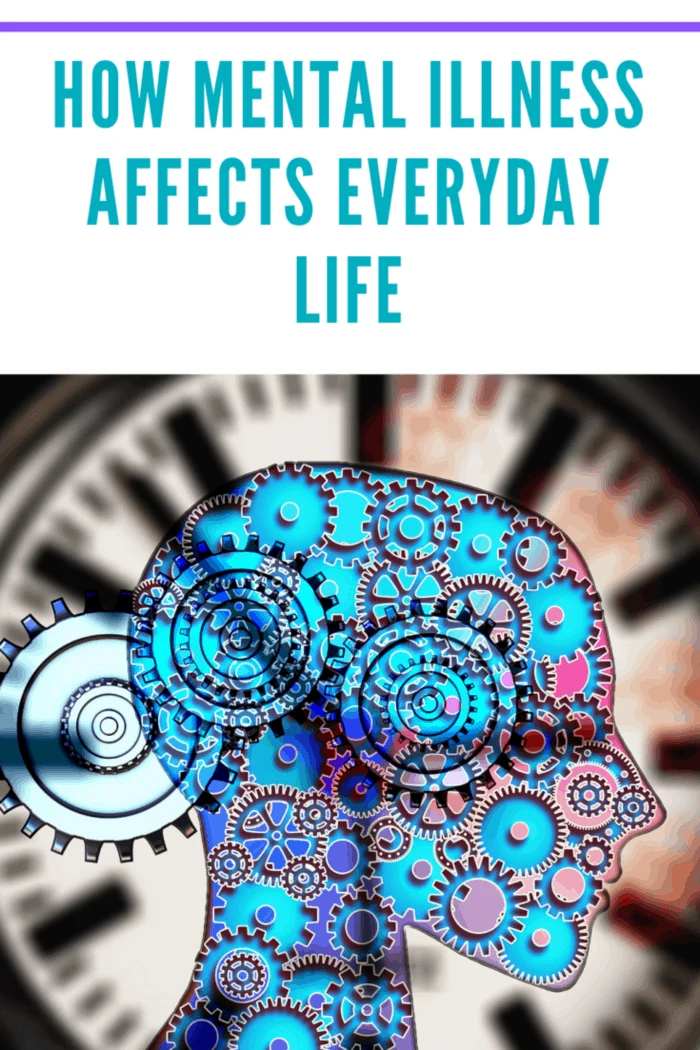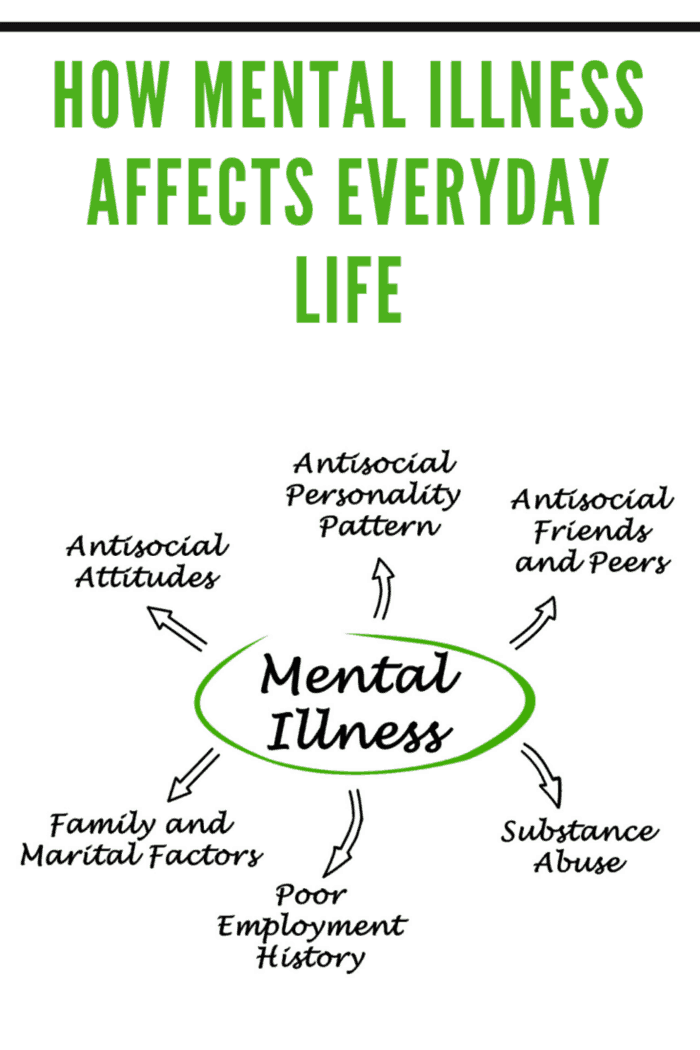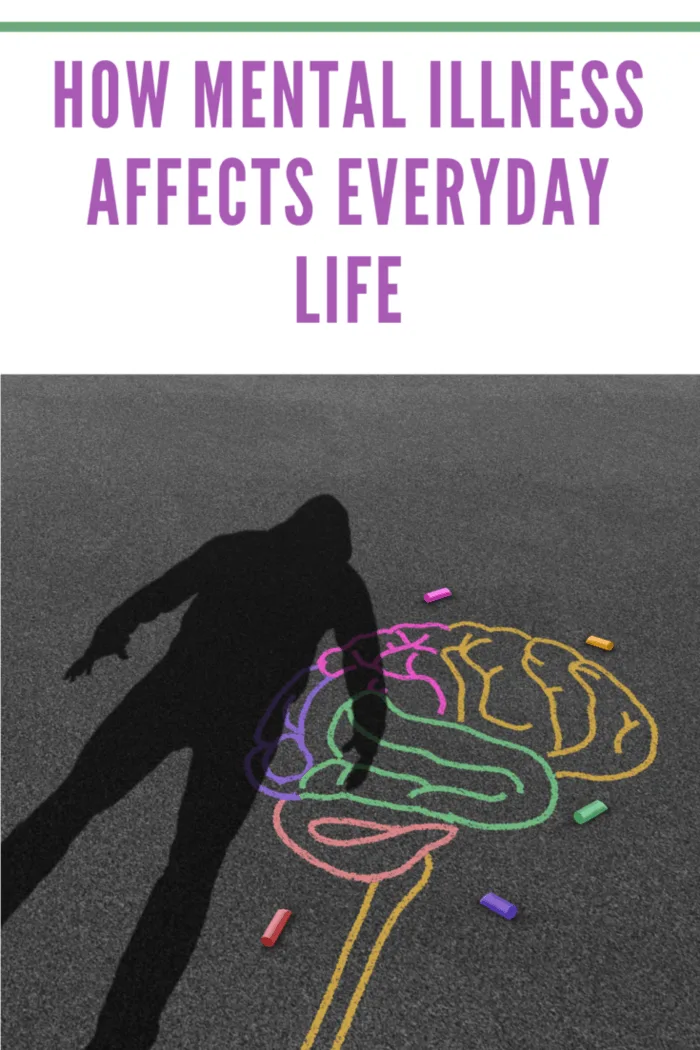If you have a mental illness or are close to someone who does, you know its effects on everyday life.
From careers and finances to personal relationships, mental illnesses like PTSD, bipolar disorder, and depression can negatively impact every aspect of life; for people suffering from poor mental health, it can feel like their whole lives are governed by their psychological well-being or lack thereof.
Thankfully, though, help is available.
If by any chance, you or your loved one was forcibly detained in a mental health facility, you can have an attorney help you out.
In Florida, this situation is termed as “baker acted,” where a mental health professional or police officer has sent a person to a mental health facility against their will.
There is more to learn about mental illness, how it affects everyday life, relationships, work, and the day-to-day routine of those with mental illness.
Thankfully, though, help is available.
Learn how Mental Illness affects everyday life.
How mental illness affects relationships, work, and the day-to-day routine of those with mental illness.
Keep reading for tips on taking your life back from mental illness and, in the process, enhancing your overall health and quality of life.

Mental Illness and Finances
Having a mental illness can be costly.
Treatment alone can be a financial burden, from hefty doctor bills to expensive medications.
Plus, issues like poor impulse control and erratic behavior often result in a variety of financial consequences, some of which include the following:
Overspending and credit card debt
Increased health and car insurance premiums
The inability to set and stick to a budget
Lost wages during mental illness flare-ups and setbacks
If you or a loved one suffer from depression, bipolar disorder, or other mental illness, meeting with a financial counselor might be a good idea.
A professional can help you set realistic financial goals and prevent the debt associated with mental illness.
Also, knowing your options is key to preventing unnecessary spending.
For example, companies that offer SR22 insurance often insure high-risk drivers, including those with a mental illnesses.
A representative can help you get the coverage you need without paying ridiculously high premiums, no matter your mental health or past driving record.

How Mental Illness Impacts Relationships
Relationships are never effortless, even when both partners are entirely healthy.
And since typical outside factors like careers, finances, etc., can strain even the strongest bonds, it should be no surprise that mental illness can spell disaster for a relationship.
Indeed, when one or both partners suffer from some form of mental illness, issues like codependency, guilt, poor self-image, and frustration often arise, shares Psychology Today.
In effect, the relationship suffers greatly.
When faced with a loved one’s mental illness, it’s not uncommon for healthy individuals to experience depression and anxiety.
Because of these effects, poor mental health is linked to higher domestic violence, separation, and divorce rates.
Family relationships, as well, can be strained by mental illness and may lead to resentment, estrangement, and other negative consequences.
To address the effects of mental illness in a relationship, family counseling or couples therapy can be beneficial.
A trained mental health professional can help couples and families communicate more effectively and diagnose and treat issues like anxiety and depression.

Mental Illness and Your Career
It can be challenging for individuals with mental illness to hold down a steady job, much less advance an actual career.
Just one flare-up of symptoms can result in termination, failure to advance in the company, rifts with coworkers, and other job-related problems.
Add in factors like misdiagnosis and untreated disorders, and you’re left with little hope of thriving in your career and life in general.
What’s even worse is the stigma attached to mental illness, especially regarding the workplace.
Employees are often reluctant to disclose their diagnoses or seek treatment, fearing losing their jobs or being ostracized by their bosses and coworkers.
Thankfully, through awareness and understanding, many companies are adopting a broader view of mental health and its relation to success and productivity.
Employers across the globe are beginning to understand that having healthy workers equates to a healthy business, and many offer or encourage counseling and other mental health programs.
PBS.com shares that if mental illness is affecting your career, do your part in raising awareness and speaking to your boss or supervisor.
Disclose your symptoms and diagnosis, and let them know how they can help you be the best employee you can be.
Also, don’t forget to ask about any mental health resources your company may offer.
Odds are, you’re not the only one suffering, and you might be pleasantly surprised at the feedback you receive.
Although mental illness can impact daily life, help and options are available.
With the tips provided here, you can address the effects of poor mental health and enhance your well-being and quality of life.

